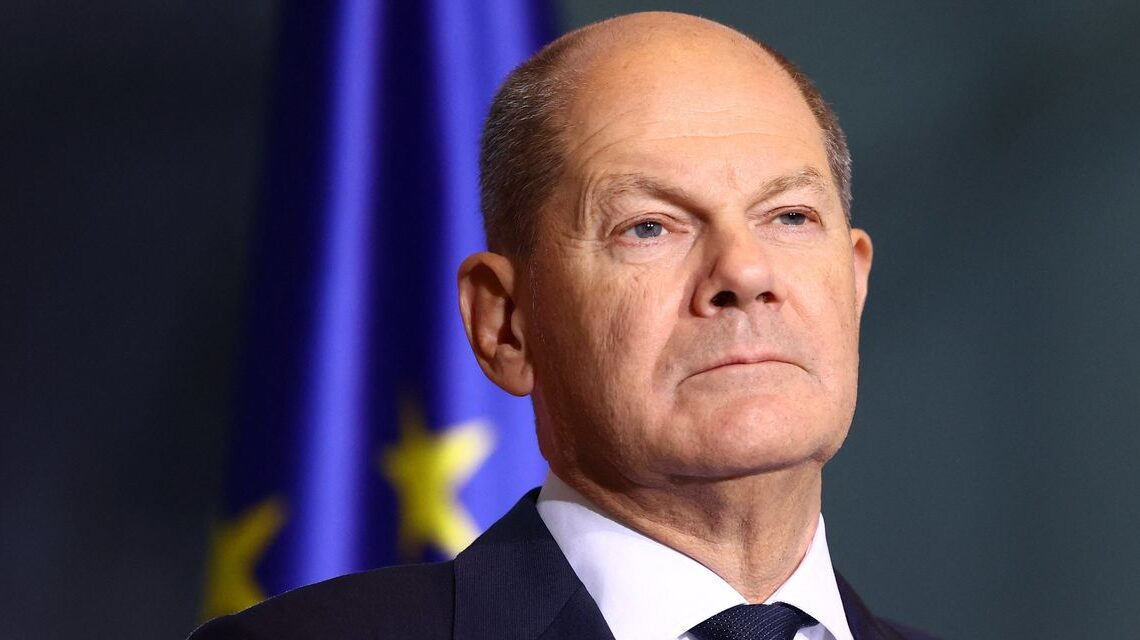Turning point? What turning point? It’s a fair question to ask Berlin this week as a long-running controversy over military aid to Ukraine became a full-blown fiasco before resolving itself in a farce.
Chancellor
Olaf Scholz
nearly a year ago promised a strategic Zeitenwende, or “turning point.” Shocked by
invasion of Ukraine, Berlin would turn Germany into a country that finally took its defense and alliance commitments seriously and would no longer act scared of its own historical shadow in military and strategic matters.
Old Germany didn’t get the memo, to judge by the palaver over sending military aid to Ukraine. The blowup this week was a result of Mr. Scholz refusing for months to send German Leopard 2 battle tanks and resisting calls to lift German export restrictions that prevented anyone else from sending them.
The chancellor finally relented Wednesday, but not before nearly provoking a crisis with Poland. Frustrated with Germany’s endless dithering, Warsaw threatened a diplomatic breach with Berlin by proposing to send some of its own stock of Leopards without Mr. Scholz’s permission. Even then, the chancellor gave in only after Washington agreed to provide Berlin political cover in the form of its own Abrams tanks.
Compounding the embarrassment, it’s becoming obvious that the obstruction in Berlin is Mr. Scholz himself. Leaders of every other mainstream party, in government and in the opposition, came out in favor of the tanks, as did some of Mr. Scholz’s fellow Social Democrats. The chancellor who announced the turning point appears not to have turned.
So is Germany’s turn stuck? Not necessarily, but several pitfalls are coming into view the further the country travels down its new path.
It was clear from the start that the Zeitenwende was going to entail a cultural transformation as much as—or perhaps more than—a policy change. German politicians after the Cold War shrouded themselves in their country’s wretched 20th-century history as a sort of invisibility cloak whenever allies came calling for more military cooperation.
Even as allies and neighbors such as Poland and the U.S. begged Berlin to beef up its military spending within the North Atlantic Treaty Organization, German leaders and many voters pointed to their…
Click Here to Read the Full Original Article at RSSOpinion…

